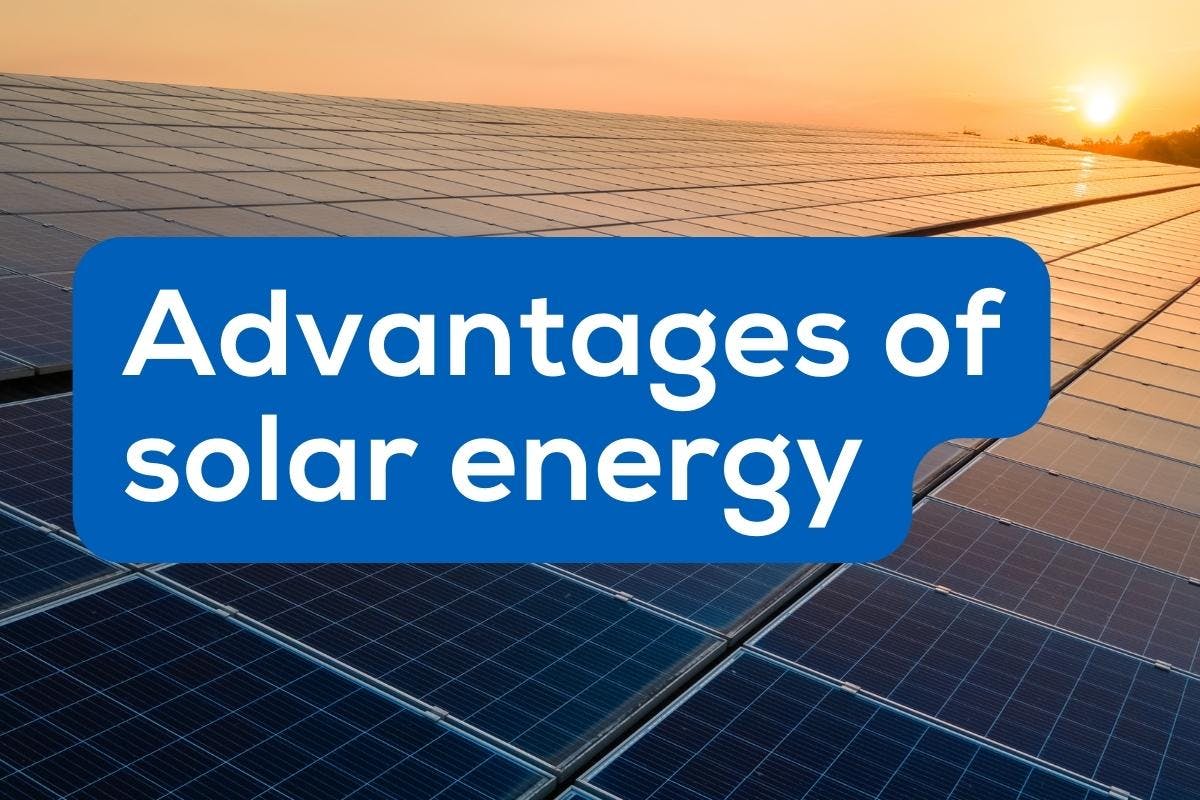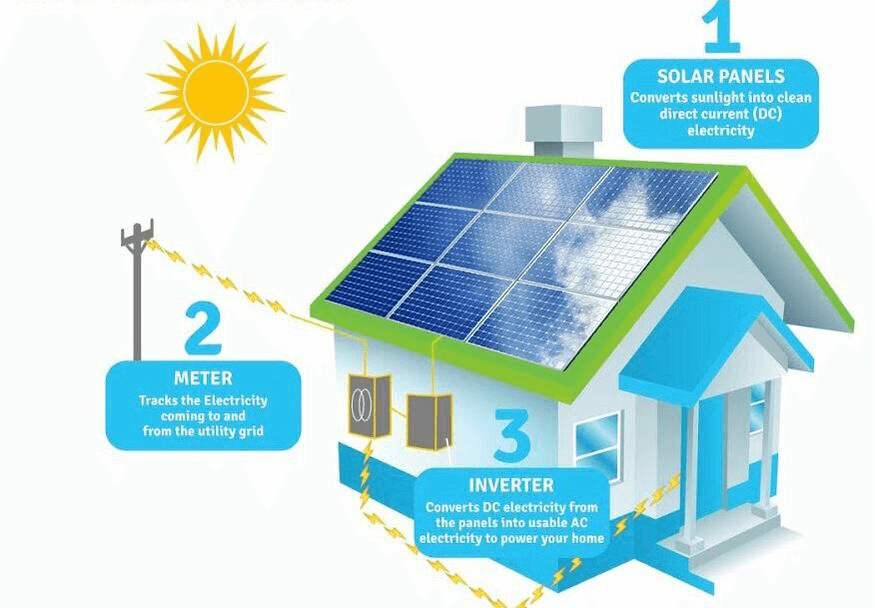How Solar Power Can Aid You Conserve Cash and Lower Your Carbon Impact
The combination of solar power right into your energy profile provides an engaging chance for both financial cost savings and ecological stewardship. As various federal government rewards come to be offered, the inquiry emerges: exactly how can one efficiently browse the initial financial investments and ongoing benefits of solar innovation to make the most of both economic and environmental gains?
Recognizing Solar Power Cost Savings
While the change to solar power typically entails an initial financial investment, understanding solar power financial savings is essential for house owners and businesses alike. Solar power systems can significantly minimize power bills by utilizing the sunlight's energy, translating right into significant long-term monetary benefits. By producing their very own electricity, users reduce reliance on grid power, which goes through fluctuating costs. These financial savings can gather with time, frequently leading to a quick return on investment.
In addition, solar energy systems may receive numerous financial incentives, consisting of tax credit histories and refunds, even more enhancing their cost-effectiveness. The schedule of net metering allows customers to market excess energy back to the grid, producing an additional profits stream. These variables add to the general savings related to solar power.

In enhancement to direct financial savings, solar power uses the included benefit of boosting property value. Residences geared up with photovoltaic panels are usually more eye-catching to customers, as they guarantee lower power expenses - Simply Solar Illinois. Recognizing these aspects is crucial for anyone considering solar energy, as it highlights not just the potential economic gains, yet also the broader ecological and financial advantages of adopting renewable resource services
Initial Prices vs. Long-Term Perks
When examining solar power, it is very important to evaluate the preliminary prices versus the long-term advantages. The upfront financial investment for photovoltaic panels, setup, and related equipment can be significant, often varying from $15,000 to $30,000, depending upon the system size and home energy demands. This first expense might discourage some homeowners; nonetheless, it is important to take into consideration the potential financial savings in time.
Once set up, solar power systems can considerably decrease or also eliminate month-to-month electrical energy bills, causing significant long-lasting economic benefits. Researches indicate that house owners can save anywhere from $10,000 to $30,000 over the life expectancy of their solar system, commonly 25 years. Furthermore, several states provide motivations, tax obligation credit reports, and rebates that can balance out first costs, making solar much more accessible.

Reducing Your Carbon Impact
Reducing your carbon impact is a additional reading crucial consideration in today's eco mindful culture, and adopting solar energy is one of one of the most reliable techniques to attain this goal. Solar energy is a tidy, renewable energy that considerably lessens reliance on nonrenewable fuel sources, which are significant contributors to greenhouse gas discharges.

Furthermore, the widespread adoption of solar modern technology encourages the development of environment-friendly tasks and supports innovations in power storage and effectiveness. The more individuals and companies purchase solar power, the higher the collective reduction in carbon exhausts, fostering a cleaner ambience for future generations.
Government Motivations and Refunds
Taking on solar power not only profits the environment however can also lead to considerable economic savings, particularly check these guys out with the schedule of federal government incentives and discounts. Various government, state, and neighborhood programs are designed to motivate home owners and organizations to buy solar power systems, making the change more economical.
Among the most popular rewards is the Federal Financial Investment Tax Obligation Credit Score (ITC), which allows solar system proprietors to subtract a significant portion of the setup expenses from their government taxes. This motivation has actually been pivotal in minimizing the ahead of time expenditures linked with solar power systems. Furthermore, several states supply their very own tax credit reports, gives, and refunds that can even more improve cost savings.
Moreover, some city governments offer real estate tax exceptions for solar setups, making sure that house owners do not encounter raised real estate tax as an outcome of their sustainable energy investments. description Utility firms might likewise provide incentives, consisting of web metering and feed-in tariffs, which allow solar energy customers to offer excess power back to the grid.
Selecting the Right Solar System
Picking the appropriate planetary system is vital for maximizing power effectiveness and financial advantages. The decision pivots on a number of elements, consisting of energy needs, spending plan, and offered area. Homeowners must begin by analyzing their electrical energy consumption to figure out the system size needed for ideal performance.
Next, consider the different kinds of solar technologies readily available. Simply Solar Illinois. Solar (PV) panels are one of the most common, transforming sunlight directly into electrical energy, while solar thermal systems concentrate on heating water. Each kind has distinctive advantages depending upon individual requirements
Budget factors to consider are likewise vital. Preliminary installation expenses can differ considerably, so it is very important to compare quotes from several suppliers and discover funding options. Federal government motivations and rebates can further minimize the economic burden, making solar systems a lot more accessible.
Final Thought
In recap, solar power provides a sensible solution for achieving considerable expense financial savings while simultaneously decreasing carbon exhausts. The preliminary financial investment, though substantial, returns significant long-lasting monetary advantages, with possible financial savings varying from $10,000 to $30,000 over 25 years. The environmental advantages of solar energy contribute to sustainable practices important for combating environment adjustment. Government incentives boost the usefulness of solar modern technology fostering, urging a transition towards a cleaner, extra economically efficient power resource.
Comments on “Simply Solar Illinois: Green Solar Solutions to Power Your Home”